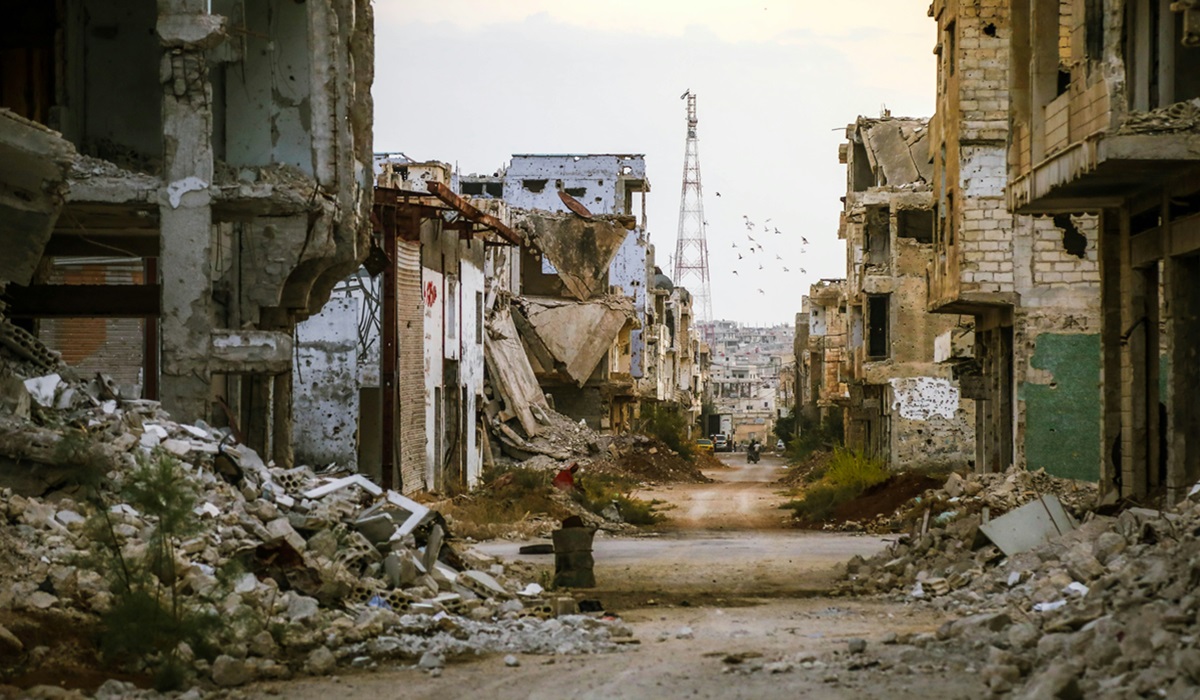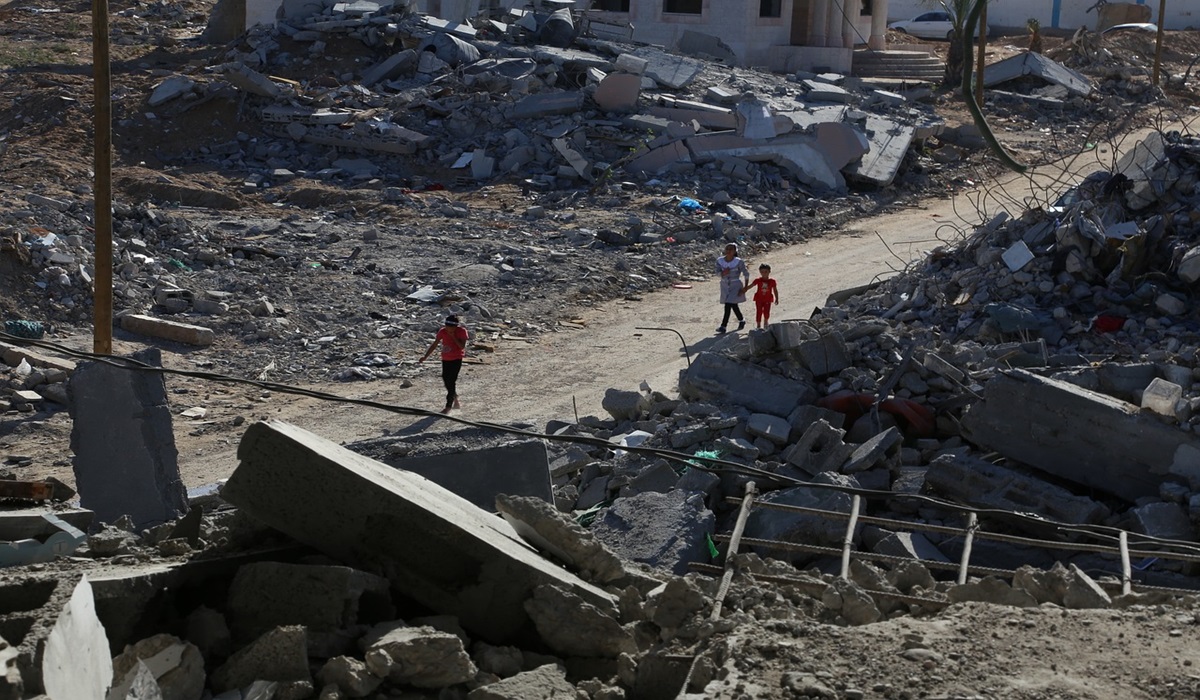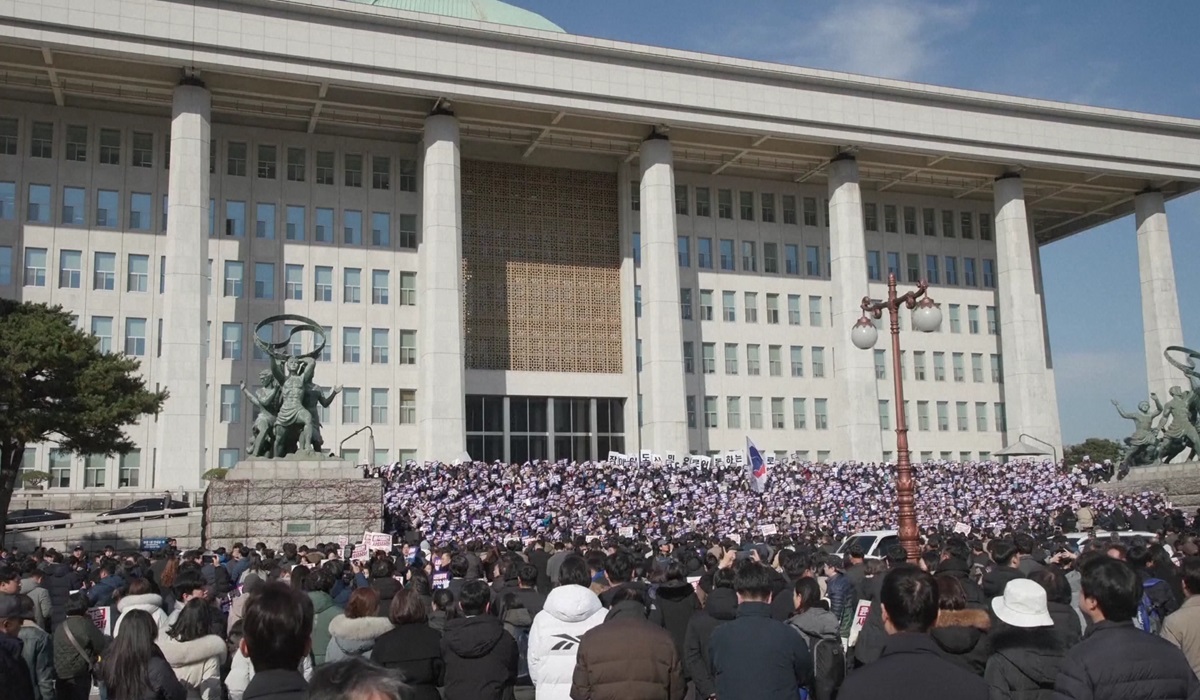Bangladesh in Turmoil: 30 Dead, 400+Injured Amdist Calls To End Quota System
- TDS News
- Breaking News
- July 18, 2024

Bangladesh is currently in the grips of unprecedented chaos as mass protests demanding the abolition of the quota system in government jobs have turned deadly. Over 30 students and journalists have been killed, and more than 400 people injured in clashes across the country. The protests, fueled by Prime Minister Sheikh Hasina’s decision to uphold the quota system, have escalated into a national crisis.
The quota system, implemented in 1972 after Bangladesh gained independence, reserves a significant percentage of government jobs for specific groups. Currently, 56% of civil service positions are allocated through quotas: 30% for freedom fighters’ children, 10% for women, 10% for districts lagging in development, and 5% for Indigenous people and people with disabilities. While intended to promote social justice and inclusivity, critics argue it has led to inefficiencies, nepotism, and unfair advantages for those already privileged.
The unrest has prompted the government to declare a state of emergency. Reports indicate targeted attacks on public infrastructure, including the burning of a radio station, widespread internet shutdowns, and jammed communication signals, severely limiting access to information and communication.
This escalation signals a potential turning point for Bangladesh, with protests posing a significant challenge to Prime Minister Sheikh Hasina’s administration. The economic repercussions are dire, with stability and investor confidence at risk in a country already grappling with poverty and development challenges.
However, the path to abolishing or reforming the quota system is complex. It requires legislative changes and navigating political sensitivities, as any abrupt removal could exacerbate existing inequalities. A phased-out approach towards merit-based recruitment while addressing socio-economic disparities, would be preferred by the protestor, but highly unlikely.
The ongoing unrest raises fundamental questions about democracy and governance in Bangladesh. As citizens demand accountability and transparency, the government’s response will determine the country’s political future and stability. International observers emphasize the need for dialogue and peaceful resolution to prevent further escalation of violence and ensure a path towards sustainable development.
As Bangladesh navigates this crisis, the global community watches closely, urging restraint and a commitment to democratic principles. The coming days will be critical in shaping Bangladesh’s trajectory and its ability to resolve internal tensions while striving for inclusive growth and stability.








